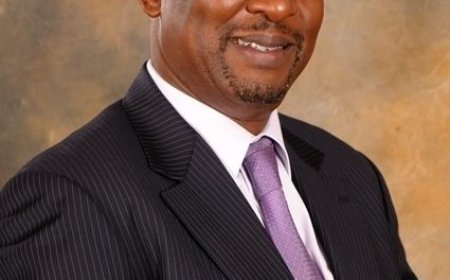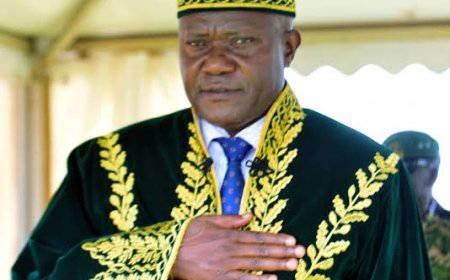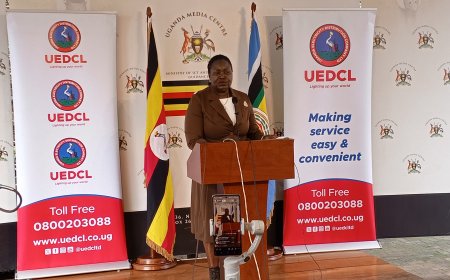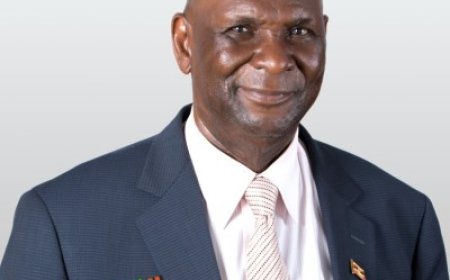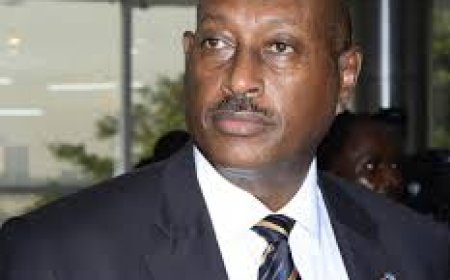EU dangles visa threat over countries refusing to take back migrants
The European Union urgently seeks to do away with irregular migrants.
STOCKHOLM - EU interior ministers reached "consensus" Thursday to warn outside countries refusing to take back irregular migrants they risked tighter visa restrictions to Europe, Sweden's migration minister said.
The ministers agreed that the tool, in place since 2020, "should be fully used" to boost the number of migrants whose asylum applications failed to return to their home countries, the minister, Maria Malmer Stenegard, told a news conference.
Sweden chaired the Stockholm meeting in its current role holding the EU presidency.
"Should intensified political and diplomatic efforts not produce the desired results, member states call on the (European) Commission to come back to the (European) Council with proposals on visa restrictions," Malmer Stenegard said.
EU home affairs commissioner Ylva Johansson stressed that many European Union countries were under "huge pressure", receiving nearly one million asylum applications last year.
The problem of capacity was aggravated by the fact that the EU was also hosting nearly four million Ukrainian refugees who had fled Russia's war in their country, she said.
Johansson said it was "really important" to increase the number of returns of irregular migrants of nationalities less likely to succeed with asylum applications, citing "Moroccans, Egyptians, Tunisians, Bangladeshis, Pakistanis, Turks. Cubans, Indians".
Under international law, each asylum case needs to be weighed individually. But evidence of persecution was more likely to be provided from those fleeing wars, as in Syria, or repressive governments, as in Afghanistan and Iran.
European Commission statistics show a low rate of effective returns.
In 2021, out of 340,500 orders for migrants to be returned to their countries of origin, only 21 percent were carried out.
The EU funds various reintegration programmes in countries that readmit their citizens who have been denied asylum in Europe.
These are separate from deportations or forced returns based on a court or administrative order, which are often carried out under escort and typically do not include in-country assistance.
Sweden -- whose government relies on a far-right party, the Sweden Democrats, to stay in power -- wants EU countries to leverage visas, foreign policy and development aid to press outside countries on the issue of the returns.
So far, the EU has applied the visa-restriction tool against only one country: Gambia, for whose citizens getting a Schengen visa is more difficult and costly.
The commission in 2021 proposed the mechanism be extended to Bangladesh and Iraq, but that has not happened.
Johansson said after a November visit to Bangladesh that the threat of the visa sanction has prompted Dhaka to become more "politically open" to accepting irregular migrants back from Europe.
Germany however has reservations about that approach.
German Interior Minister Nancy Faeser said going into the Stockholm meeting that accords signed, especially with countries in north Africa, "on one hand allowed legal paths (for migration), and on the other, effective returns".
AUSTRIA BACKS FENCE
The overall tone on migration has hardened in Europe since 2015-2016, when it took in over a million asylum-seekers, most of them Syrians fleeing the war in their country.
The bloc in 2016 struck a deal with Turkey to prevent much of the onward passage of irregular migrants into Europe.
Austria is backing the construction of a fence along the border of EU member Bulgaria with Turkey to further reduce the flow of asylum-seekers.
Austrian Chancellor Karl Nehammer said on Monday, during a visit to that border region, that the fence would cost around two billion euros and he called on the European Commission to fund it.
The commission has been reluctant to do that, emphasising instead the role of Frontex, the bloc's border patrol agency, that EU member states can call on.
Johansson objected to the fence proposal on financial grounds.
She said there was "sometimes a wet dream that you can get money from the commission for everything," but complained that the European Council representing member states had cut her department's budget for the 2021-2027 cycle.
Johansson said it was the member states who were "best-positioned" to protect the EU's external borders, adding that whatever they did had to be "aligned with the EU acquis (bloc's laws) and the fundamental rights and so on".













































































